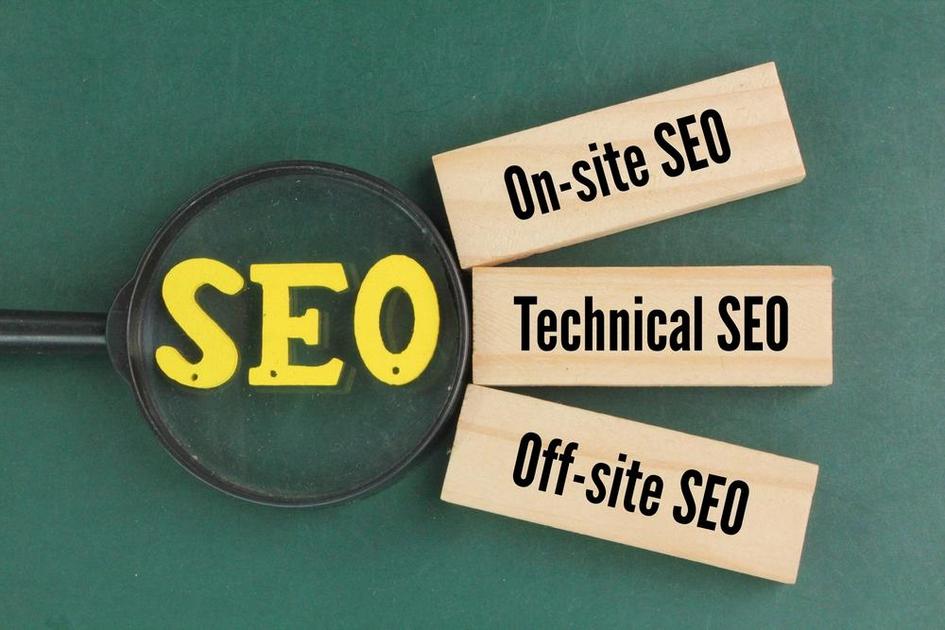Content marketing services are a vital component of modern digital strategies. By leveraging high-quality content, businesses can enhance their online presence, engage potential customers, and drive growth. Utilizing effective content marketing services, companies can craft compelling stories and create value for their audience, ultimately leading to increased conversions and brand loyalty. Explore how strategic content marketing can transform your business.
Understanding the Essentials of Content Marketing
Content marketing plays a crucial role in today’s digital landscape. Businesses rely on it to build brand awareness, drive traffic, and engage potential customers. To excel in content marketing, understanding its essentials is paramount.
Defining Content Marketing
Content marketing is the strategic approach of creating and distributing valuable, relevant, and consistent content to attract and retain a defined audience. Unlike traditional advertising, which often focuses on selling, this approach aims to inform or entertain, thus driving profitable customer actions.
Core Components
Effective content marketing campaigns typically comprise several key elements:
- Goals and KPIs: Establish clear objectives and measurable key performance indicators to gauge success.
- Content Types: Utilize various content formats like blogs, videos, infographics, and podcasts to engage a broad audience.
- Distribution Channels: Select the most suitable platforms, such as social media, email newsletters, and websites, to amplify content reach.
These components work harmoniously to create a robust content marketing strategy.
Identifying and Engaging Your Target Audience
Research and Analyze
Knowing your audience is critical. Start with demographic, psychographic, and behavioral analysis to identify who your audience is. Tools like Google Analytics and social media insights can provide valuable data on user behavior and preferences.
Create Buyer Personas
Once you’ve gathered sufficient data, develop detailed buyer personas. These fictional characters represent your ideal customers and help tailor your messaging. Consider elements like age, gender, interests, and challenges they face.
Engagement Strategies
With a clear understanding of your audience, employ targeted strategies to engage them:
- Personalization: Customize content to address the specific needs and pain points of different audience segments.
- Social Media Involvement: Foster interactions through comments, shares, and direct messages to build a community.
- Interactive Content: Use polls, quizzes, and live sessions to encourage active participation.
By accurately identifying and interacting with your target audience, you’ll maximize the return on your content marketing efforts.
Creating High-Quality Content that Resonates
Crafting Compelling Narratives
Resonant content often relies on storytelling. Stories capture attention and make messages memorable. Develop a narrative that aligns with your brand voice and values, weaving it seamlessly into your content.
SEO and Content Optimization
Search engine optimization is integral to content visibility. Utilize relevant keywords naturally within your content, including titles, headers, and meta descriptions. Use tools like Google Keyword Planner to discover terms people are searching for and incorporate them strategically.
Utilizing Visuals
Visual elements like images, videos, and infographics increase content appeal. They break up text and make information easier to digest:
- High-Quality Media: Use professional images and videos that reinforce your message.
- Infographics: Present complex data in a visually compelling format.
Creating content that resonates with your audience will not only enhance engagement but also foster brand loyalty.
Measuring Success and Adapting Your Strategy
Tracking Key Performance Indicators
To determine your strategy’s effectiveness, set up systems to track essential KPIs like:
- Traffic: Monitor website and landing page visits.
- Engagement: Measure social shares, comments, and likes.
- Conversion Rates: Track how effectively your content turns visitors into leads or customers.
Analyzing Metrics for Insights
Utilize tools like Google Analytics to gain insights into user behavior and content performance. Analyze metrics to understand what’s working and where improvements are needed. Identify high-performing pieces and replicate their success in future content.
Responsive Adjustments
Content marketing is not a static process. Stay adaptable by:
- Continuous Testing: A/B test headlines, visuals, and formats to optimize results.
- Feedback Incorporation: Listen to audience feedback and refine content based on their suggestions.
- Trend Awareness: Keep current with industry trends to ensure your content remains relevant and engaging.
Effective measurement and adaptation will enhance your content marketing strategy, ensuring sustained growth and success.



